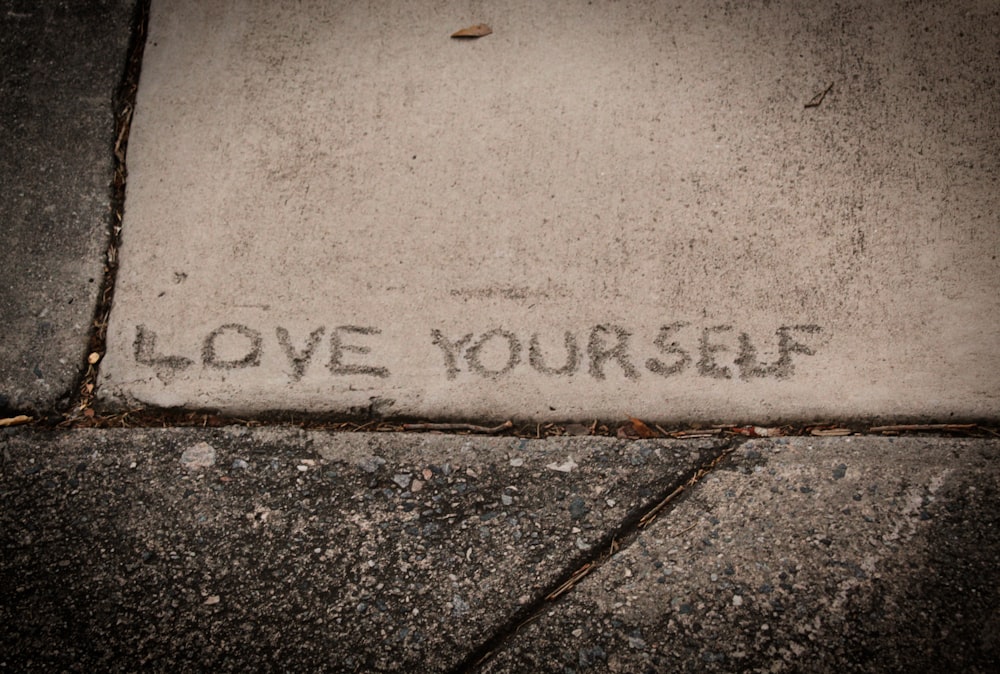Written by Shirley Anderson
This so called ‘newlywed crash course’ is by no means just for newlyweds! No matter where you are in your journey, this process is applicable to all and is most effective when re-examined often.
Congratulations! Your journey as Mr. and Mrs. has officially begun! As the sea of wedding presents and wrapping paper subsides, you can begin to unpack and settle into your new life together. In the coming weeks, you may begin to notice differences in what ‘baggage’ you and your partner have brought along for the journey. Sorting through this baggage – whether it be emotional, habitual, or preferential can either help or hinder your new marriage relationship. While this process of sorting and replacing baggage may be challenging, it can also be a valuable opportunity to learn and grow closer as a couple!
Sort It
Believe it or not, much of the baggage we bring to marriage has already been packed for us. Our bags are full of silly quirks, helpful and harmful habits, behaviors, values, strengths, weaknesses…etc. These items have been acquired through years of exposure to unique family dynamics, education, societal norms, and subcultures that influence how we view and interact with our world. Our suitcases, while individual, are largely made up of things we never consciously chose to pack ourselves. Because these items are formed over time, many are deeply rooted and difficult to recognize within ourselves. Often it takes another person (like a spouse) to help us identify such baggage and initiate the sorting process. This recognition and change in perspective is known as a ‘paradigm shift’ as it fundamentally ‘shifts’ the way we view ourselves and our relationships. Sorting is exactly that – a paradigm shift.

While ‘baggage’ generally has a negative connotation, it is not inherently good or bad. Many of the traits, habits, or mannerisms are favorable but when placed in the context of the new marriage relationship, are simply incompatible. An amusing example of this occurred when my husband Cameron and I were on a road trip early in our marriage. Cameron had been driving for hours and we still had many more to go. I noticed he was starting to get tired and told him I’d drive the next leg to give him a break. He kindly shrugged it off and continued to drive the remainder of the trip despite my incessant offering to take a turn. By the time we got to our destination, it was obvious that he was exhausted and a bit irritable. I asked him why he hadn’t let me drive and he finally explained, “Cause’ I’m the man and it is the man’s job to drive!” We immediately began to laugh as we both realized how silly this sounded. Together we recognized our two divergent views (baggage) on long distance driving – one from my family culture of “everyone takes a turn”, and the other from Cameron’s family culture of “the man muscles through.” While neither view was wrong, they certainly were incompatible. Together we decided that taking turns was the safer option and road trips are much more enjoyable now!
The paradigm shift of sorting baggage best facilitates change when couples consciously make efforts to meet criticism and baggage observations with objectivity rather than perceiving personal affronts or attacks. Seeking to understand before seeking to be understood is the key to success. Stephen R. Covey wrote, “… listening is so powerful because it gives you accurate data to work with. Instead of projecting your own autobiography and assuming thoughts, feelings, motives, and interpretation, you’re dealing with the reality inside another person’s head and heart.” He drives the point home with, “Don’t push; be patient; be respectful.”
Replace It
Sorting without the action of replacing baggage is ineffective, and the way in which you choose to go about this as a couple can either make or break your marriage in a very literal sense. Researchers have discovered that the first three minutes of a marital discussion is a strong predictor of happiness in the relationship. ‘Baggage conversations’ when met with kindness and understanding are indicative of continued compatibility in marriage as your relationship grows. Similarly, when such discussions commence with anger and resentment, research shows strong correlations for future marital conflict and higher divorce rates.

When a deeply ingrained habit or characteristic is uprooted, a void is created. If that void is not deliberately replaced with an agreed-upon change, couples may discover that the objectionable baggage repeatedly turns up unannounced. A conscious, consistent effort over time will forge new habits, attitudes, and values that can transform and improve future behavior, and will help the couple learn to work together as a team. There are no shortcuts to replacing baggage. This is part of the ‘hard work’ of marriage. It is a purposeful practice that should not be rushed or left unattended. As your relationship matures, new unsuspected items may appear from time to time, but your established habit of addressing them constructively, coupled with deepening trust and commitment levels, will ensure successful resolutions.
While there is growth and progress, there is no actual “arriving” on this journey. Happiness and satisfaction in your relationship are discovered and enjoyed throughout the journey of marriage as you continually meet at baggage claim.
Self-Evaluation:
-
Does my spouse feel safe unloading their baggage?
-
Am I listening to my spouse with the intent to understand?
-
Do I approach ‘baggage conversations’ with kindness and patience?
-
Do I regularly point out the positive baggage I admire in my spouse?
-
Do I regularly sort through my own baggage?
-
Am I willing to make necessary changes that will improve my marriage?
References
Covey, Stephen R. (1989) The 7 Habits of Highly Effective People: Restoring the Character Ethic. New York: Simon and Schuster.
Frisby, B. N., Sidelinger, R. J., & Booth-Butterfield, M. (2015). No harm, no foul: A social exchange perspective on individual and relational outcomes associated with relational baggage. Western Journal of Communication, 79(5), 555–572. https://doi-org.erl.lib.byu.edu/10.1080/10570314.2015.1075585
Gottman, J. M., Coan, J., Carrere, S., & Swanson, C. (1998). Predicting Marital Happiness and Stability from Newlywed Interactions. Journal of Marriage and the Family, 60(1), 5. doi:10.2307/353438
Tramm, N. L. (2005). Claiming your baggage. Journal of Psychology and Theology, 33(4), 317–318.























